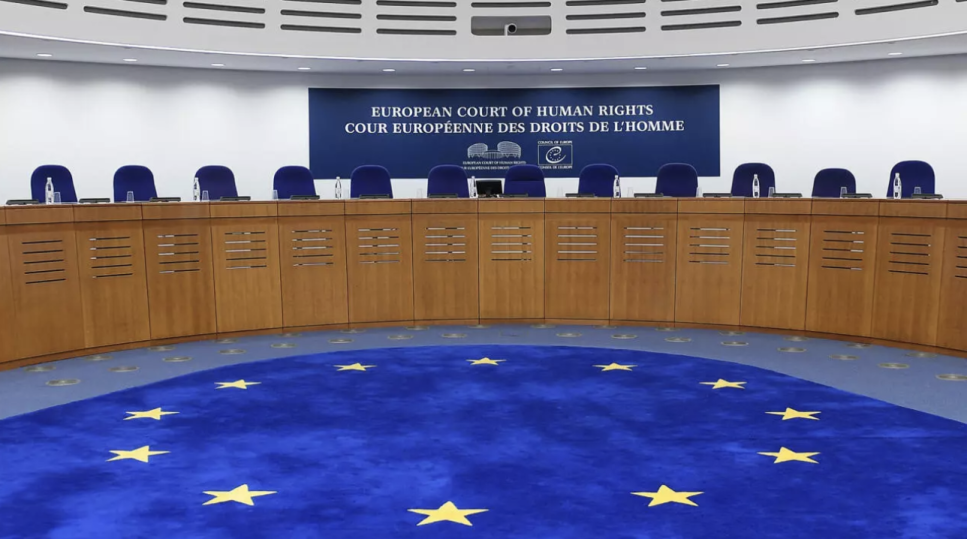
The European Court of Human Rights (ECHR) delivered a groundbreaking ruling in favor of a French woman Thursday, declaring a spouse's refusal to have sex cannot be used as grounds for fault in divorce, concluding a nearly decade-long legal battle.
The unanimous decision found that French courts had violated the 69-year-old plaintiff, identified as Ms. H.W.'s right to private and family life by blaming her for the marital breakdown due to her refusal to have sex with her husband.
The ruling dismantles the antiquated notion of "marital duty," H.W.'s lawyer, Lilia Mhissen, said, while Ms. H.W. hailed her win as a critical step in ending "rape culture," as reported by the BBC.
H.W.'s case reportedly exposed a story of marital decline and abuse. Married in 1984 to her husband, JC, the couple had four children, including a daughter with a disability requiring extensive care. H.W. managed these responsibilities while grappling with deteriorating health and escalating abuse. By 2002, JC's physical and verbal attacks culminated in H.W.'s decision to cease sexual relations with him in 2004. She initiated divorce proceedings in 2012, per BBC.
While H.W. did not oppose the divorce itself, she objected to the grounds on which it was granted. In 2019, an appeals court in Versailles ruled in favor of JC, a decision upheld by France's highest court in 2021. Left with no other options, H.W. turned to the ECHR, which ultimately validated her claims.
The ECHR's ruling challenged entrenched legal and cultural attitudes toward marriage in France. It declared that consenting to marriage does not equate to perpetual consent for sexual relations, suggesting that the concept of "marital duties" is incompatible with modern understandings of consent.
French judges have long imposed an "archaic vision of marriage," according to women's rights groups supporting H.W.
This case comes amid a broader reckoning over consent in France. Just last month, Dominique Pélicot and 50 accomplices were convicted of drugging and assaulting Pélicot's wife. Such cases have amplified calls for lawmakers to enshrine clear definitions of non-consent in legislation.
A recent report by French MPs recommends codifying that consent must be freely given and withdrawable at any time. Advocates hope the ECHR's ruling will galvanize these efforts.




